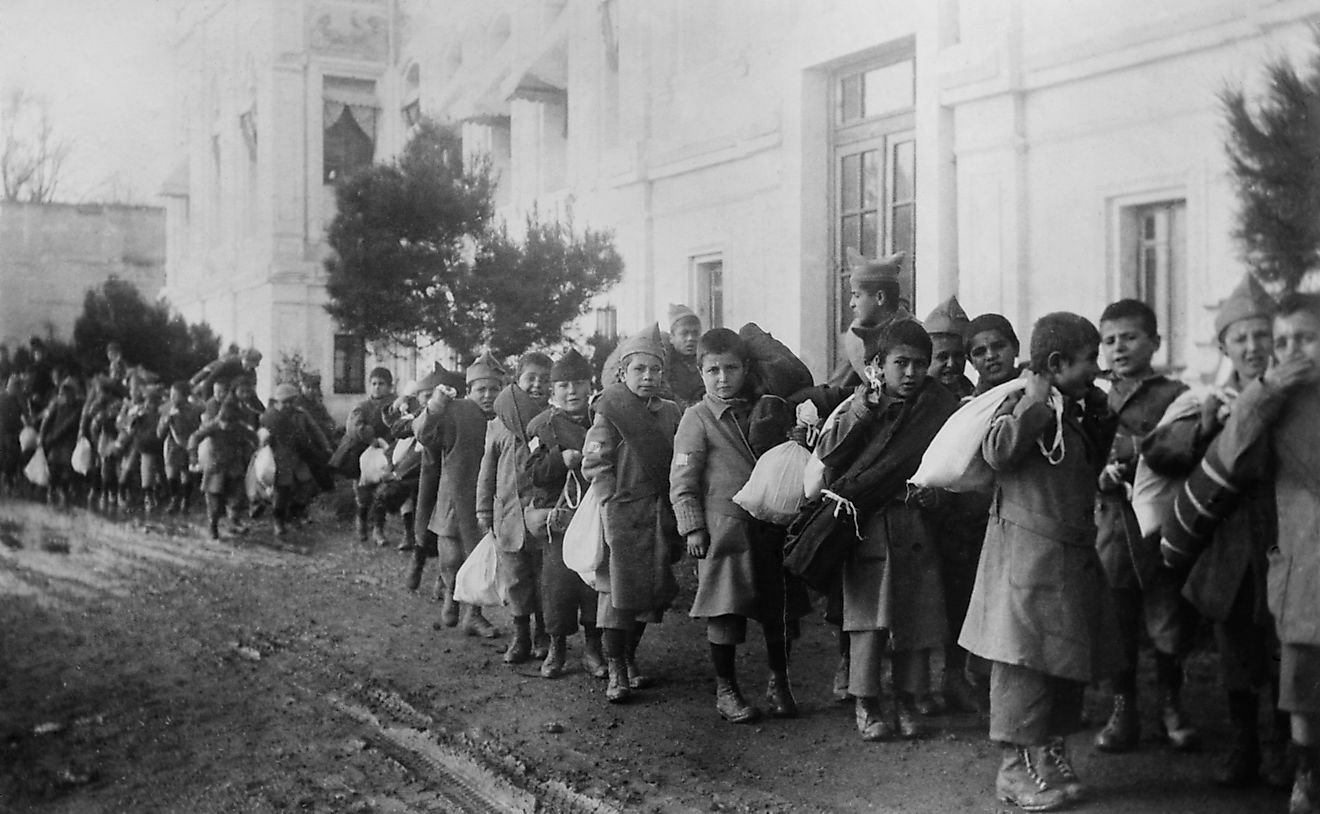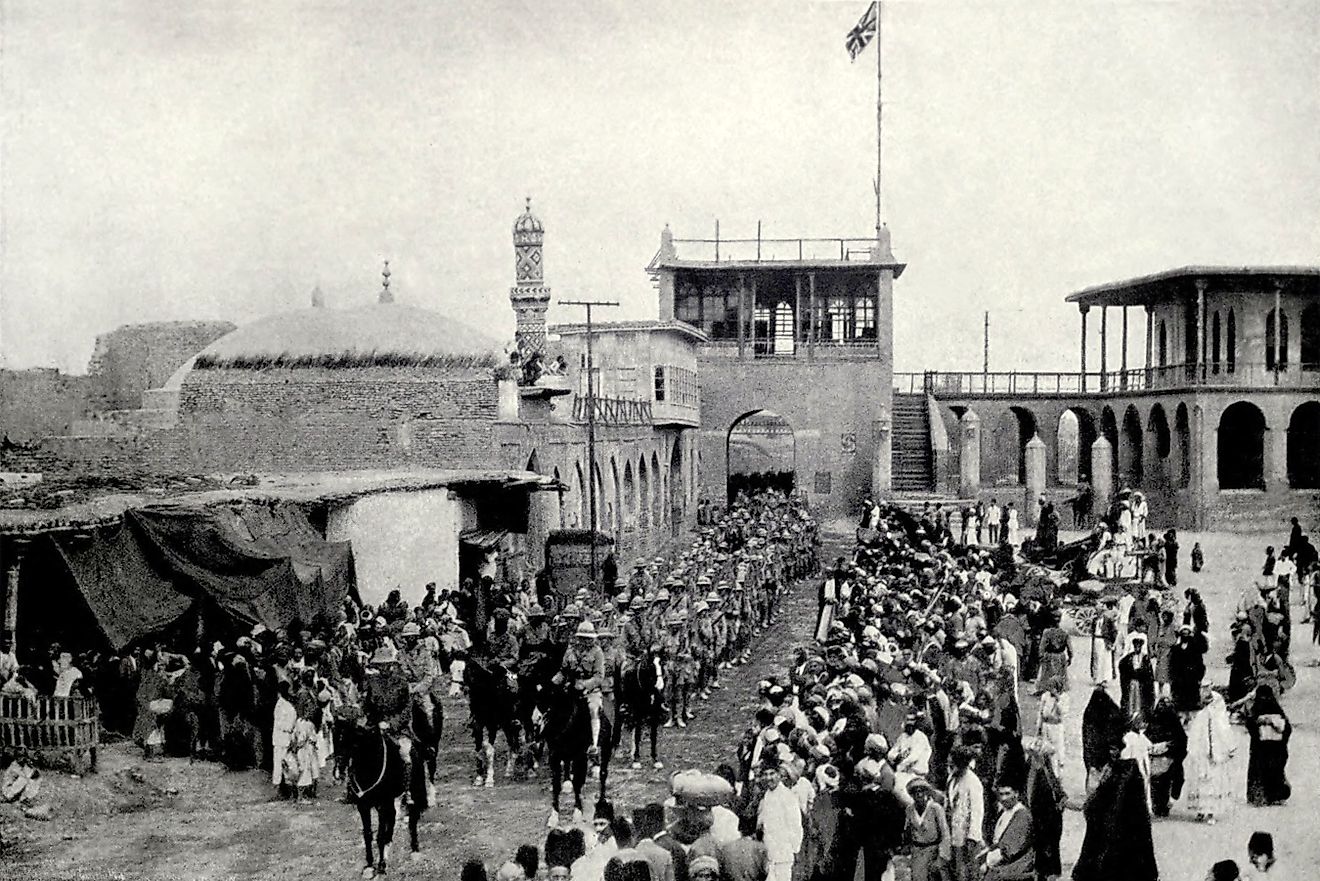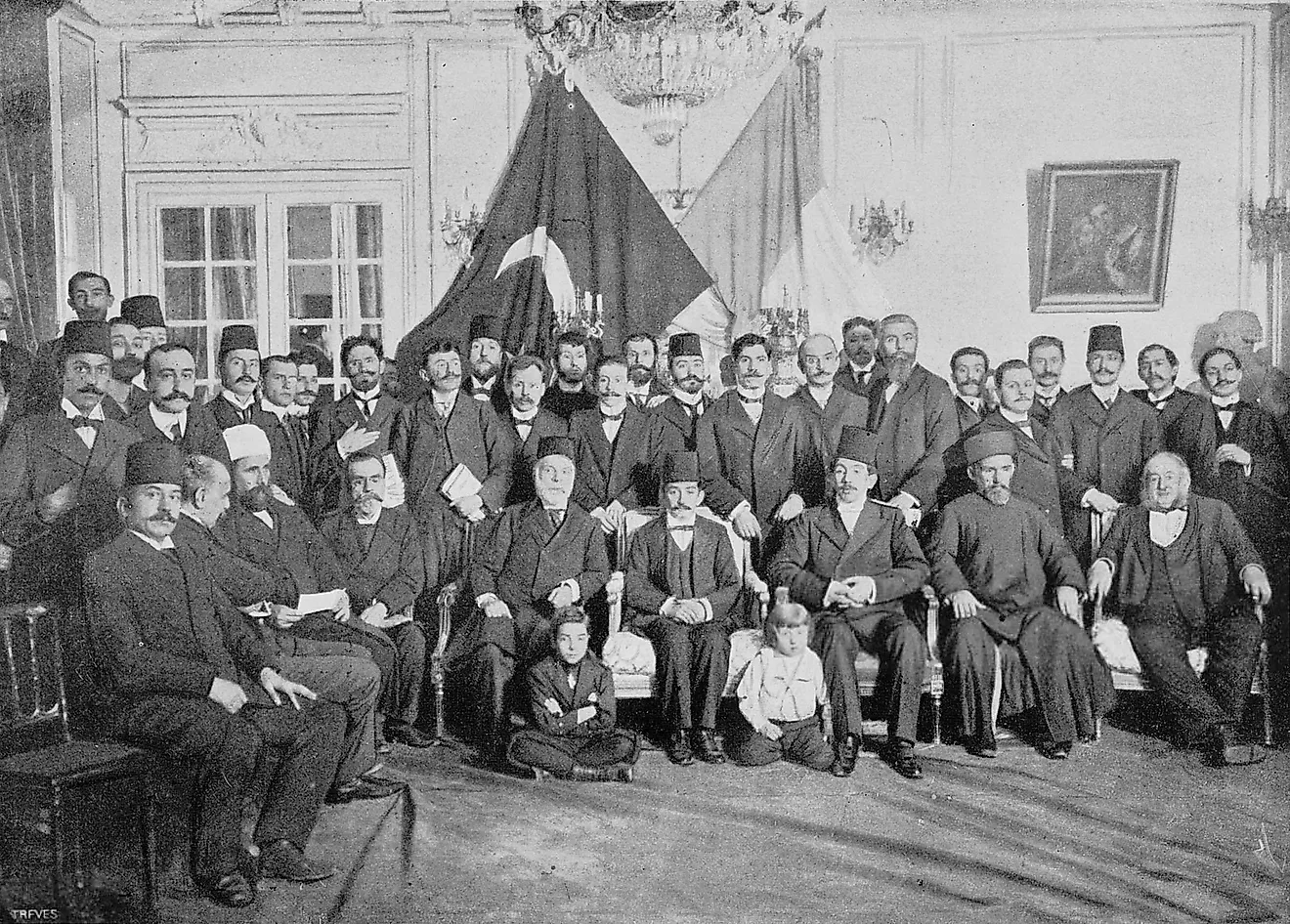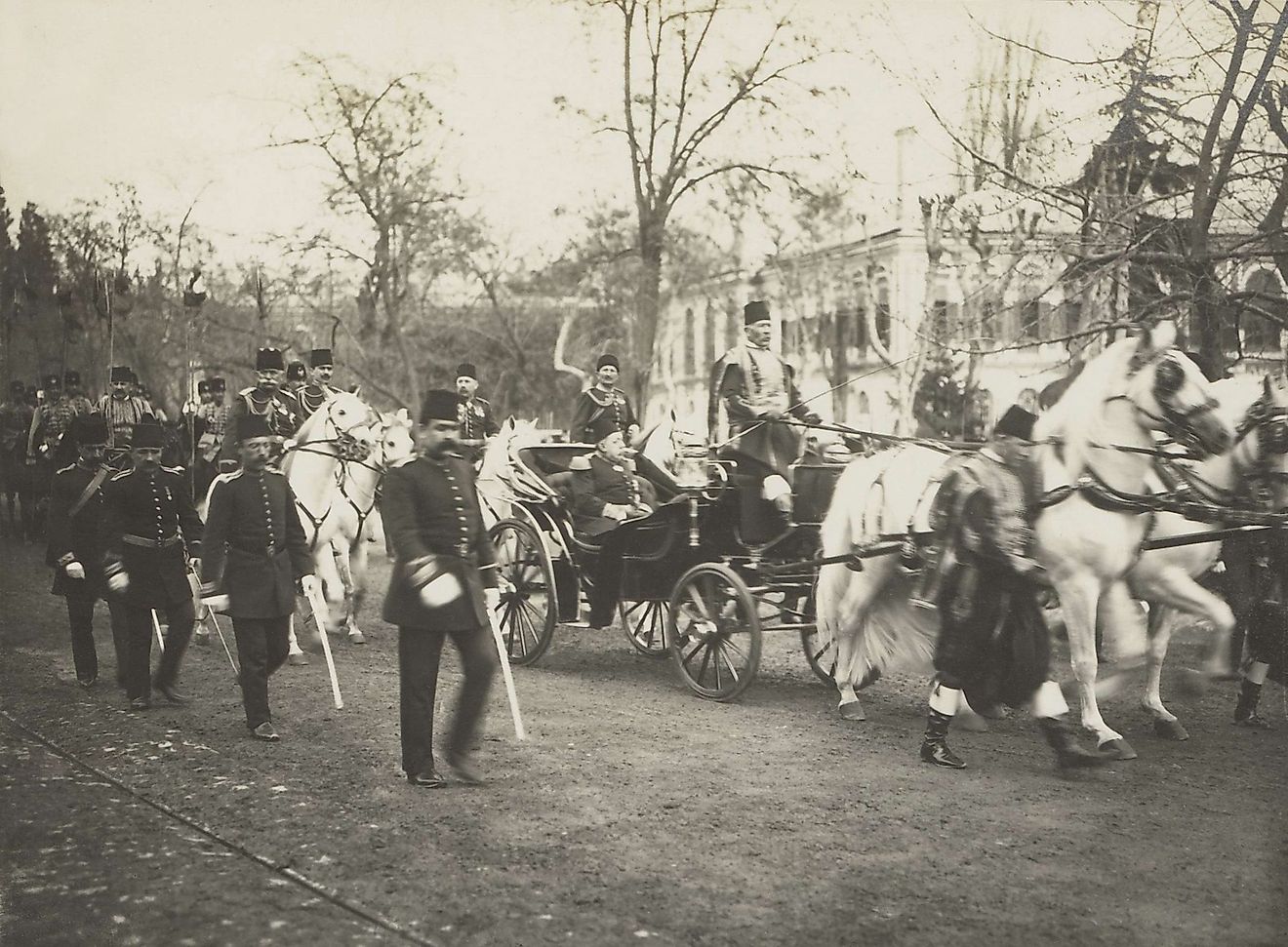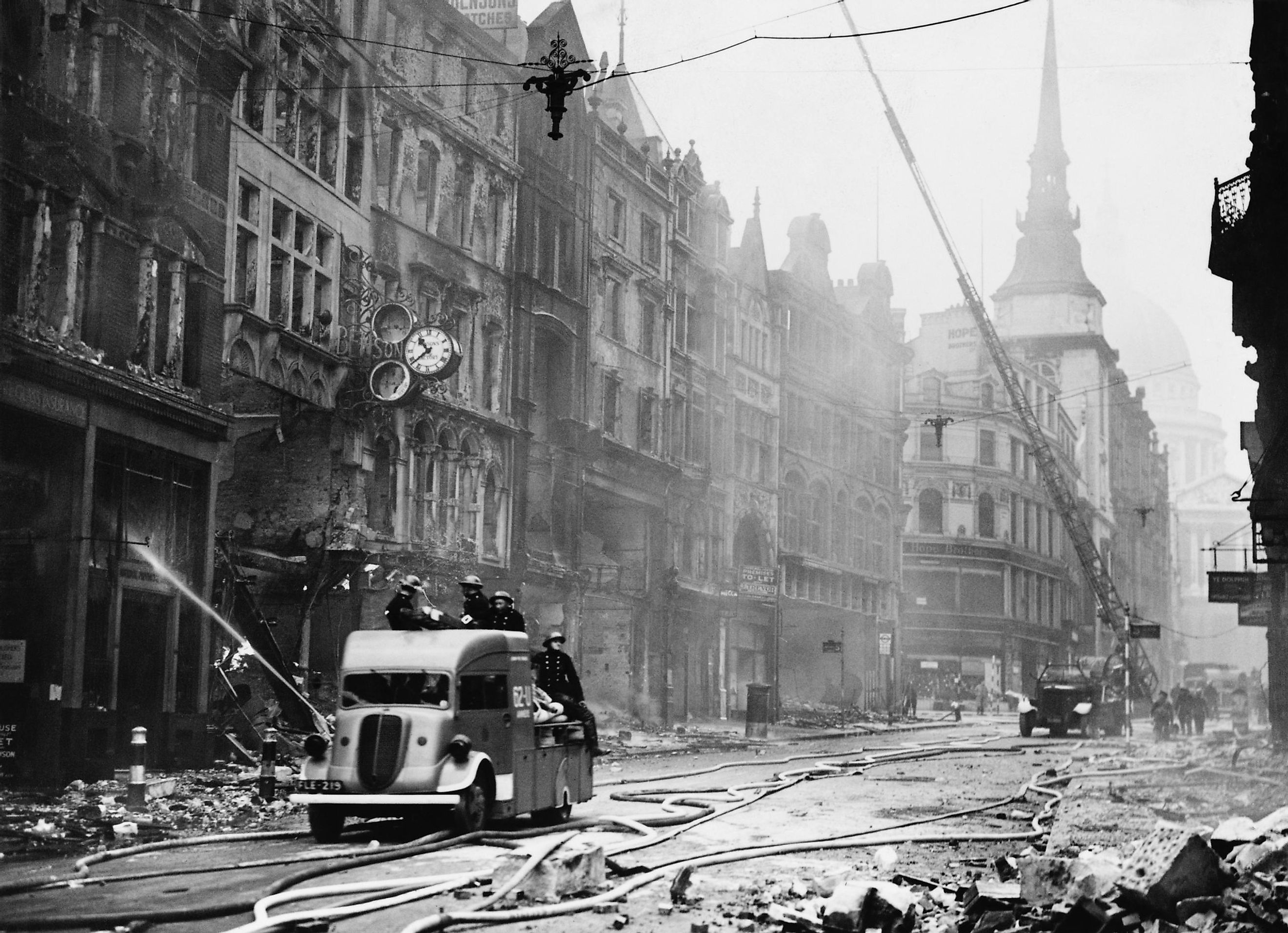
Operation Sea Lion
After the Fall of France, Germany made plans to invade the United Kingdom (UK). Known as Operation Sea Lion, the invasion never occurred. Nonetheless, investigating these unrealized plans is still worthwhile since it provides nuances about World War II itself and sheds light on Adolf Hitler's worldview.
Background
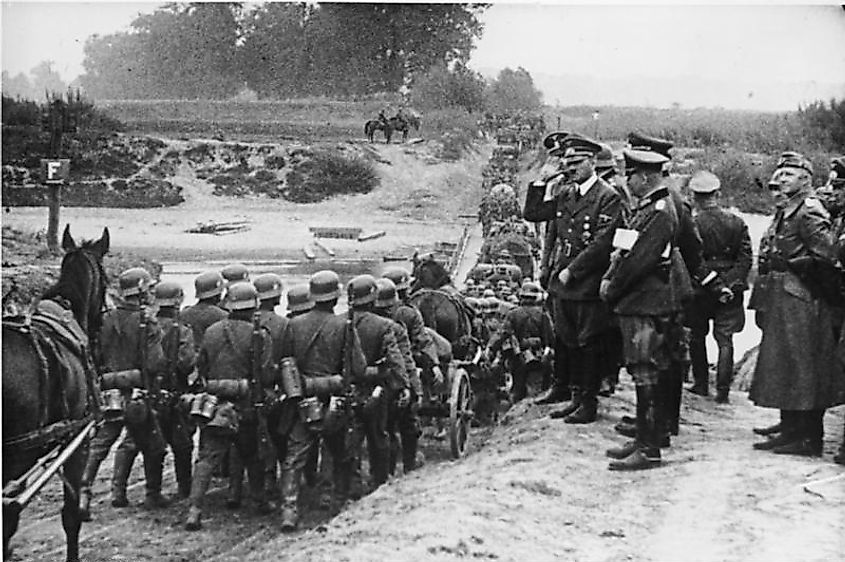
Germany invaded Poland on September 1st, 1939, with the battle lasting about a month. After a roughly eight-month period in which little fighting occurred, it recommenced with the German invasion of Denmark and Norway in April 1940. This was followed by the invasion of the Low Countries and France in May. Despite being surrounded at the beaches in Dunkirk by late May, the Allies managed to evacuate hundreds of thousands of troops. Nonetheless, the Germans continued their advance and by the middle of June they had taken Paris. By the end of the month, France was defeated and the UK was the only European ally still standing.
Operation Sea Lion
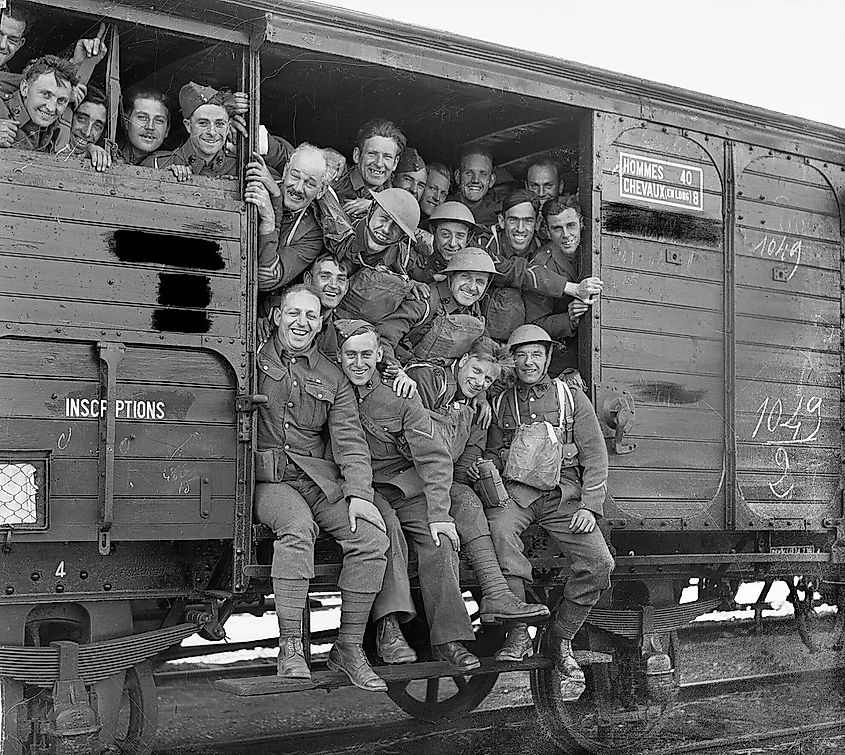
During the war's opening months, Hitler had hoped for a negotiated peace with the UK and thus made no plans for a land invasion. This was due to a combination of factors. First, while Hitler believed that the racial stock of the UK was lesser than that of Germany, he still viewed the British as Aryans. Second, he saw the British Empire as a model Germany could learn from. Third, the British fleet controlled the North Sea and far outclassed the German navy, meaning that any land invasion would be incredibly difficult. However, despite these considerations, when it became clear that a negotiated peace would not occur, this forced Hitler's hand. The British domination of the water necessitated that the Germans control the air over the English Channel before a land invasion occurred. But, the Royal Air Force (RAF) would ultimately prove to be too much for the Luftwaffe, meaning that Operation Sea Lion never began.
The Battle of Britain
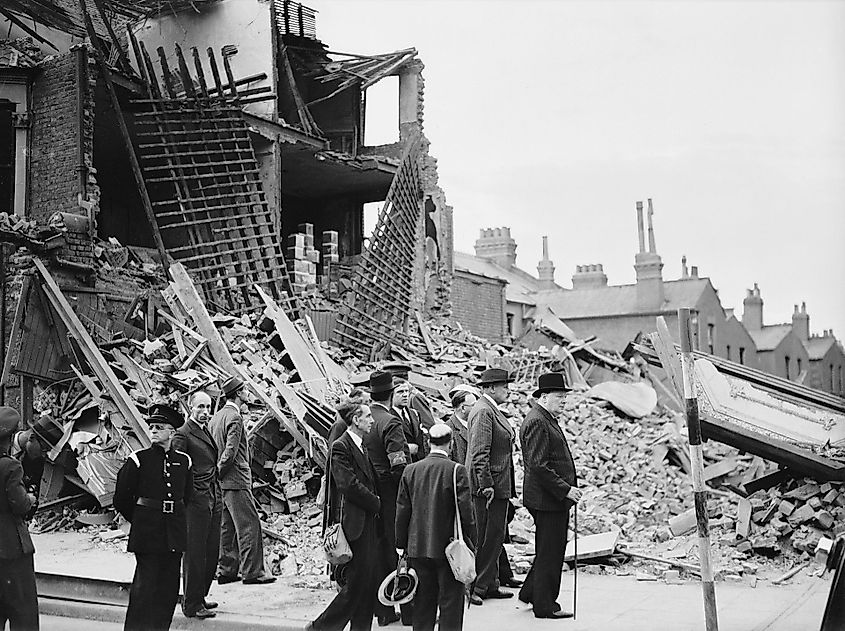
Germany began aerial raids on the RAF in June 1940. After a month or two of these bombardments, it became clear that the British air force was not going to be put out of commission quickly. Therefore, the Luftwaffe began bombing major cities in September 1940, with the goal of causing so many civilian casualties that it would force the British to surrender. There were, in fact, significant losses, with London suffering 20,000 deaths. However, even though many low points garnered little historical attention, the British never surrendered. Therefore, Hitler shelved plans for Operation Sea Lion on September 16th, 1940, with any hopes of an invasion being completely abandoned the next year. From 1941 onwards, the Luftwaffe refocused its attacks on central and northern industrial towns to hinder the British war effort. This was accompanied by sporadic attacks elsewhere, perhaps most notably in southern resort towns in 1944 and 1945.
Aftermath
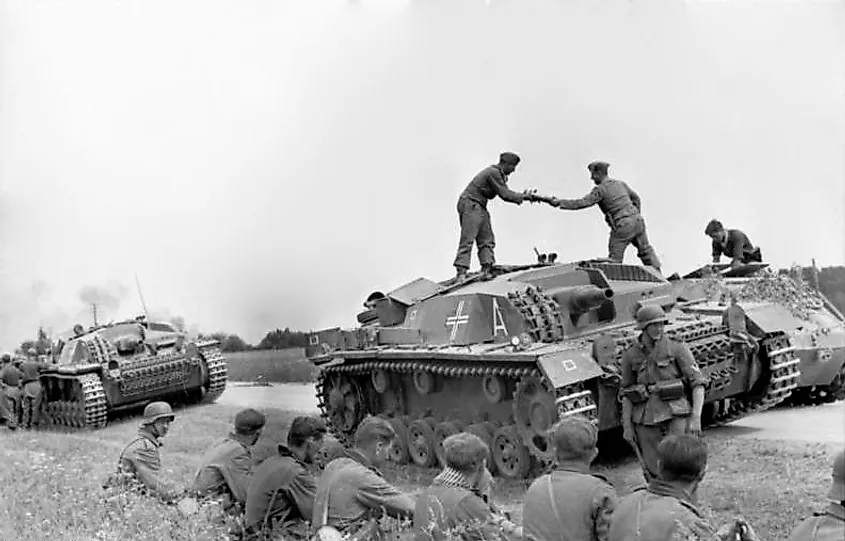
Even though the UK was still in the war, Germany proceeded with its war effort elsewhere. Most notably, it invaded the Soviet Union (USSR) on June 22nd, 1941. This would prove to be a fatal error, with stretched supply lines and the sheer number of resources at the Soviets' disposal, ultimately leading to Germany's defeat in 1945. Accompanying the Nazi's problems in the USSR was the Allied bombing of major German cities. Indeed, after the attacks on British cities, there was a strong desire for revenge. This motivation informed the bombings of Hamburg and Dresden in 1943 and 1945, respectively. Both these campaigns led to tens of thousands of deaths and were of questionable necessity. Nonetheless, they occurred--in no small part due to the German bombings earlier in the war.
In conclusion, Operation Sea Lion never got out of the planning phase, with the RAF successfully defending against Luftwaffe attacks. Nonetheless, Germany's efforts against the UK were still important. Understanding Hitler's view of the UK gives one greater insight into his worldview. Furthermore, Germany's bombing of major British cities prompted harsh retaliation, leading to thousands of deaths.


